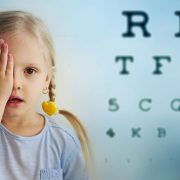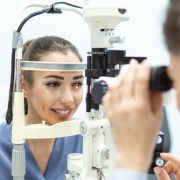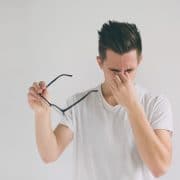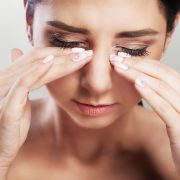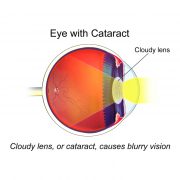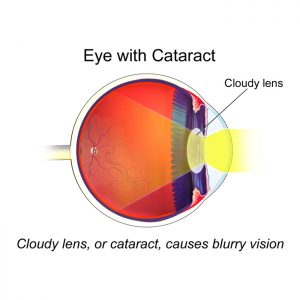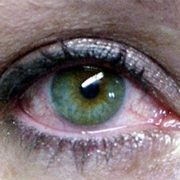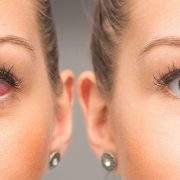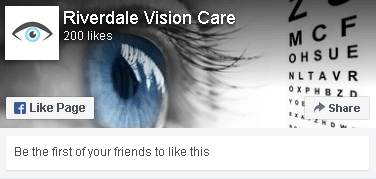Are My Baby’s Eyes Crossed?
Strabismus is a condition when the eyes don’t line up. Kids who are diagnosed with this condition are often diagnosed when they’re between 1 and 4 years old. If you believe that your baby may have strabismus, your eye doctor in Riverdale, NJ, can help.
How Can I Tell If My Baby’s Eyes Are Crossed?
It’s normal for babies to have eyes that don’t always line up until they’re about 4 to 6 months old. Beyond this age, this could be a sign of a problem. If your baby’s eyes still wander at 1-year-old, this is likely a sign of strabismus. You may notice your baby’s eyes wandering in, out, up, or down. If you see this problem, talk to your baby’s eye doctor.
What Should I Do About Crossed Eyes?
When a child has crossed eyes, one eye is usually stronger and more focused than the other. The weaker eye can develop poor connections with the brain.
When a baby is very young, their eyes can be strengthened and their brain can be trained to work with their eyes. If this problem isn’t treated when your baby is young, they may develop permanent vision problems in their weak eye. This could mean that they will experience double vision or blurry vision their entire life.
To prevent this problem, get help from an eye doctor. The professionals at Riverdale Vision Care can help. We provide treatment for strabismus to help babies develop better vision.
What Is the Treatment for Lazy Eye?
Treatment for lazy eye varies depending on the severity and circumstances of the condition. Your child may need more than one type of treatment to develop stronger eyes. Examples of treatment for lazy eye include:
- Eye patch
- Eyeglasses
- Surgery on eyes
- Eye drops
The first step is to get your child a pediatric eye exam in Riverdale, NJ. The professionals at Riverdale Vision Care can help. We can diagnose your child’s condition and recommend next steps to help your child develop good vision. Call today to make an appointment.

